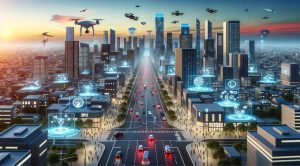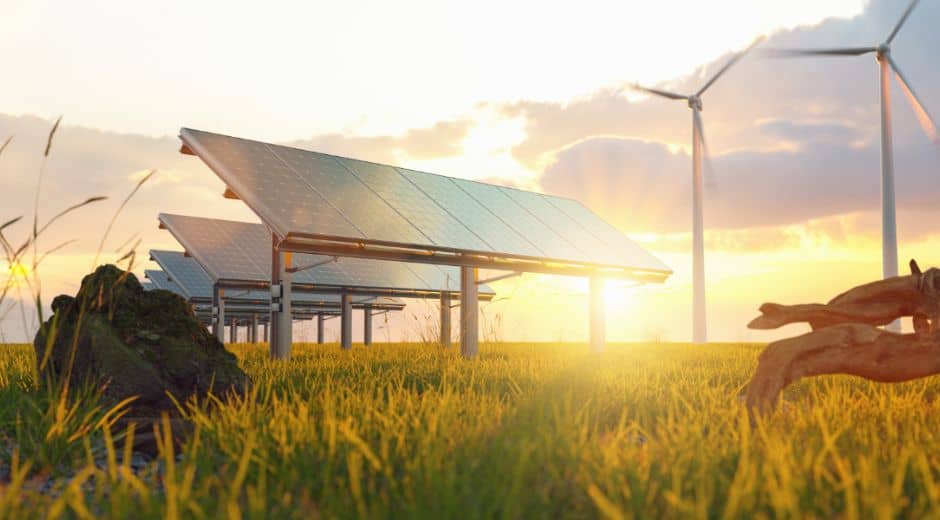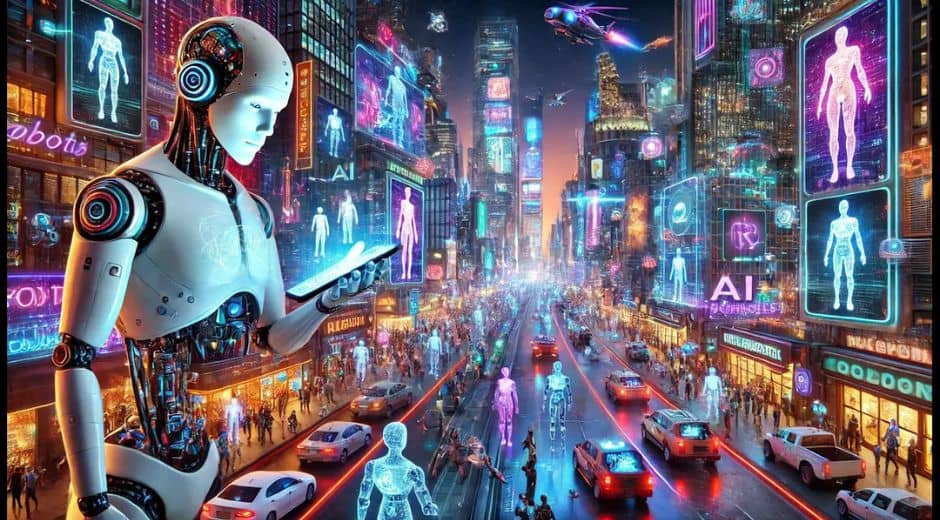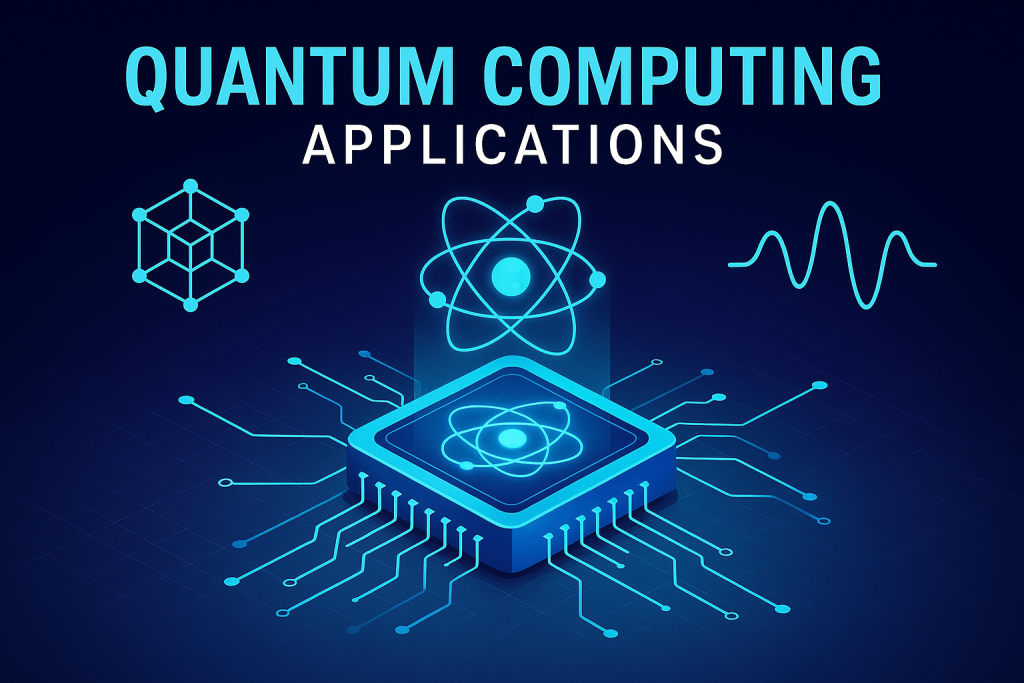7 Powerful Clean Energy Innovations Reshaping Our Planet
7 Powerful Clean Energy Innovations Reshaping Our Planet
Clean energy is no longer a futuristic concept—it’s becoming the backbone of global sustainability efforts and economic growth. In 2025, innovations in green energy are transforming the way we generate power, reduce carbon emissions, protect the environment, and create new green jobs. From solar breakthroughs to advanced wind technologies, clean energy solutions are rapidly reshaping industries, communities, governments, and everyday life worldwide. Let’s explore seven powerful clean energy innovations that are making a tangible and lasting difference across the planet.
1. Advanced Solar Photovoltaics
Solar energy remains at the forefront of green energy developments and global environmental initiatives. New photovoltaic cells are more efficient, flexible, durable, and affordable than ever before. These improvements allow households, businesses, and large-scale solar farms to harness sunlight more effectively, generating significantly more power with less space, lower costs, and reduced carbon footprint. Globally, countries are adopting solar energy incentives, subsidies, and innovative financing models to accelerate the shift toward sustainable electricity, promote energy independence, and support climate change mitigation efforts.
2. Offshore and High-Efficiency Wind Turbines
Wind energy has reached a new level of sophistication with taller, stronger, and more efficient turbines, revolutionizing renewable power generation. Offshore wind farms can now generate substantial amounts of green energy while minimizing land use and environmental impact. These turbines are not only powerful but also incorporate AI-driven monitoring and predictive maintenance systems, reducing downtime, boosting productivity, and extending operational lifespan. With falling costs and improved technology, wind energy is rapidly becoming a core pillar of renewable power infrastructure, supporting energy security, sustainability goals, and the global transition away from fossil fuels.
3. Energy Storage and Battery Innovation
A key challenge of green energy is intermittency—sunlight and wind aren’t always available. Breakthroughs in battery technology now allow large-scale storage of green energy, ensuring a reliable power supply even during off-peak periods. These innovations enable more communities and industries to adopt renewable energy without fearing blackouts or energy shortages.
4. Green Hydrogen Production
Hydrogen is emerging as a green energy superstar, especially for industries that are difficult to electrify. Green hydrogen, produced through electrolysis powered by renewable sources, can replace fossil fuels in manufacturing, transportation, and power generation. As production costs drop, hydrogen is becoming a viable clean energy alternative on a global scale.
5. Smart Grid Integration
The smart grid is revolutionizing how clean energy is delivered and managed. By using AI, IoT, and real-time analytics, smart grids balance supply and demand more efficiently. They integrate multiple sources of green energy, from rooftop solar panels to large wind farms, reducing waste and enhancing reliability for cities and industries worldwide.
6. Wave and Tidal Energy
Ocean-based energy technologies, such as wave and tidal power, are gaining traction as promising sources of green energy. These systems harness the constant movement of water to generate electricity with minimal environmental impact. While still emerging, they represent a vital piece of the global clean energy puzzle and could provide stable, predictable power for coastal regions.
7. Energy-Efficient Buildings and Green Infrastructure
Clean energy isn’t limited to generation—it’s also about reducing consumption. Smart buildings equipped with energy-efficient systems, advanced insulation, and renewable-powered heating and cooling are helping cities worldwide reduce energy use. Green infrastructure projects combine urban planning with green energy solutions, promoting sustainability at every level of community design.
Conclusion
The global clean energy revolution is reshaping industries, communities, and daily life. From solar and wind to green hydrogen and smart grids, these innovations are driving progress toward a more sustainable future. For readers interested in broader economic implications, FinanceWorldHub provides insights into investment opportunities in renewable technologies.
To explore related technological and environmental advances, check out our article: 10 World Events Changing the Global Landscape in 2025.
The Pulse of Sport

How Algorithm Governance Is Reshaping Public Policy
How Algorithm Governance Is Reshaping Public Policy

Global Inflation Signals, The Indicators Economists Watch Before Markets Move
Global Inflation Signals, The Indicators Economists Watch Before Markets Move

Smart City Surveillance, Safety Gains and the Privacy Tradeoff
Smart City Surveillance, Safety Gains and the Privacy Tradeoff













